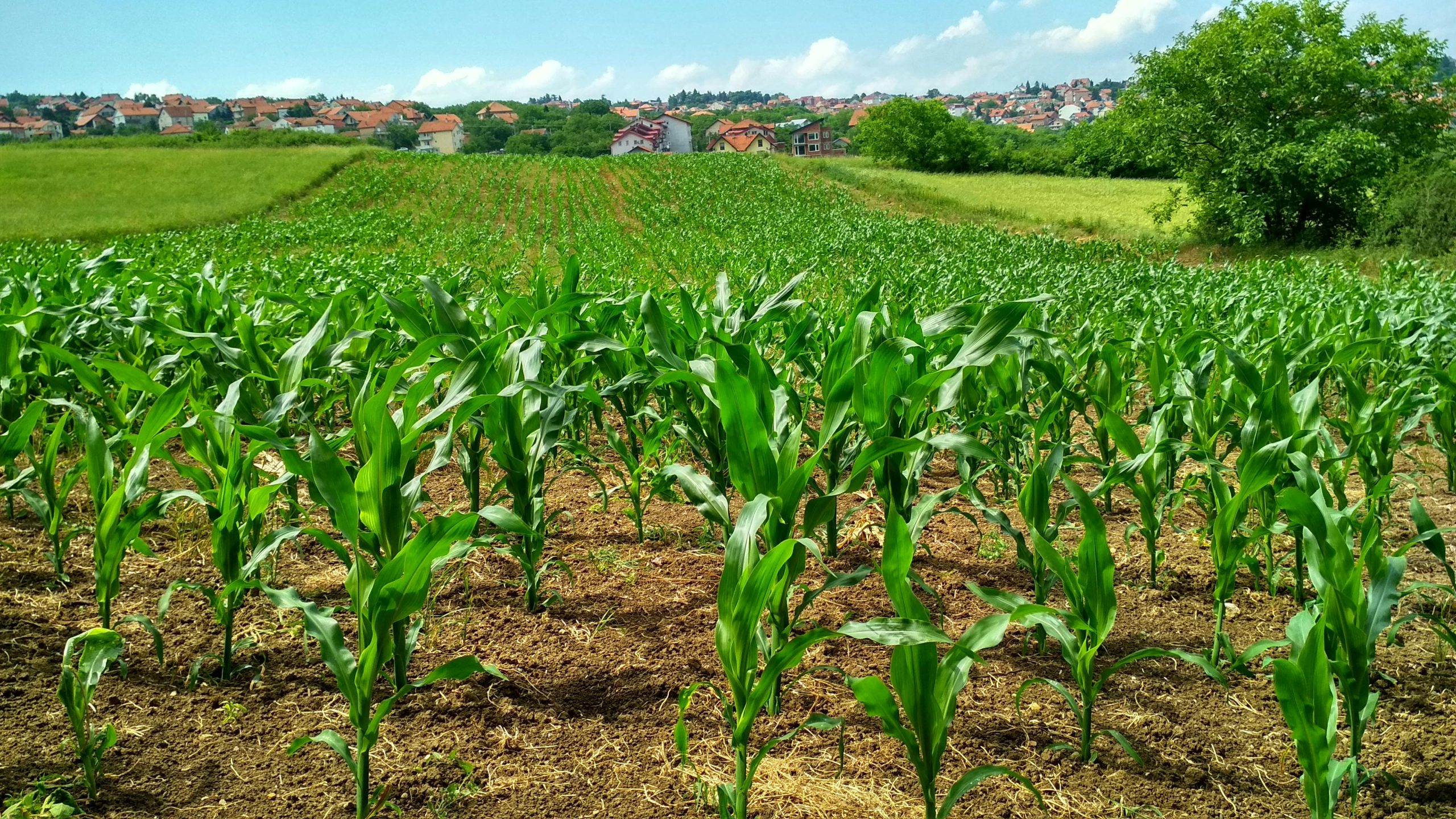Blog
Smart Agriculture: Strategies for a Resilient Future

As technology continues to evolve, the agricultural sector must also transform to face the challenges of a growing global population and environmental changes. Smart agriculture introduces innovative methods that promise to streamline farming practices, enhance yield, and minimize ecological impacts. This article explores key strategies that form the foundation of a resilient future in farming, leveraging state-of-the-art technologies and sustainable practices.
Understanding food sustainability
One of the pivotal areas in smart agriculture involves the re-valorization of food losses and food co-products. Maximizing the utility of what we already grow can drastically reduce wastage. By redirecting surplus and by-products back into the production cycle, resources are conserved and productivity increases. This strategy not only supports sustainable agriculture but also serves as a blueprint for other industries aiming to reduce their ecological footprint.
Precision farming concepts
Using GPS and IoT sensors, precision farming brings accuracy to cultivation. These tools help farmers understand the intricacies of field variability. Through detailed data collection, farmers can observe how water, nutrients, and crop protection inputs can be optimized. This reduces excess use and helps maintain the balance of the local ecosystem. Each decision is data-driven, leading to more effective farm management and reduced resource waste.
Climate-resilient practices
Adapting to climate change is non-negotiable for the sustainability of agriculture. Drought-resistant crop varieties are being developed to withstand harsh conditions. Agricultural drones assess crop health and apply treatments only where needed, saving water and chemicals. Such innovations not only secure food production against climate adversity but also ensure that farming practices do not harm the environment.
Leveraging vertical farming
Vertical farming is a revolutionary approach that uses less land and water than traditional methods. Crops are stacked in layers in a controlled environment, which reduces dependency on weather conditions. This method is highly efficient and can be implemented near urban centers, reducing the need to transport food over long distances. The result is fresher produce and a lower carbon footprint.
Implementing renewable energy systems
Incorporating renewable energy into farming operations can greatly influence sustainability. Solar panels and wind turbines can power agricultural equipment and irrigation systems. This not only cuts down on fossil fuel consumption but also reduces overall operational costs. As energy prices continue to fluctuate, renewable solutions offer a more stable and environmentally friendly option.
Promoting biodiversity on farms
Encouraging biodiversity is key to fostering a resilient agricultural system. By incorporating a variety of crops and maintaining natural habitats within farm landscapes, farmers can create an ecosystem that supports beneficial insects, birds, and soil microorganisms. This reduces the need for chemical inputs and promotes natural pest control, contributing to a more balanced and sustainable farming environment.
Enhancing water management techniques
Effective water management is essential for sustainable agriculture, especially in regions facing water scarcity. Techniques such as drip irrigation, rainwater harvesting, and soil moisture monitoring can significantly improve water use efficiency. By optimizing water usage, farmers can ensure that crops receive adequate hydration without wastage, thereby conserving this precious resource and maintaining productivity.















